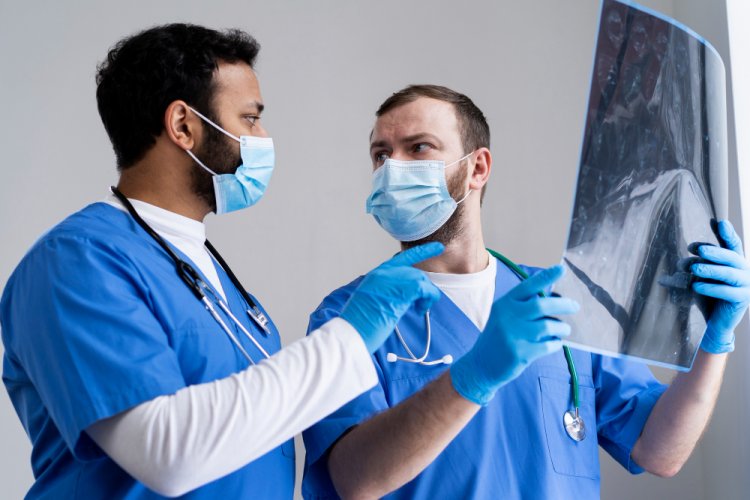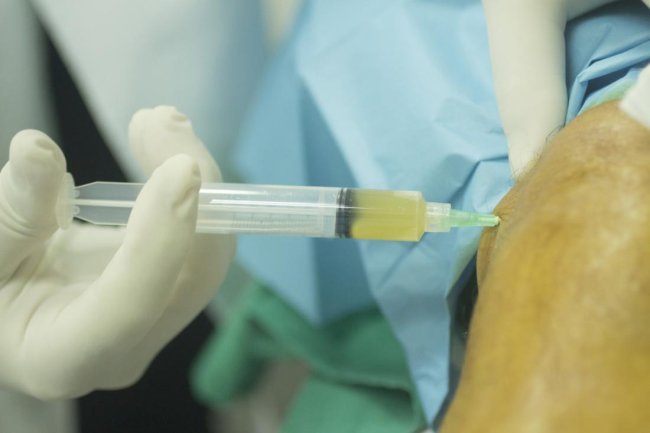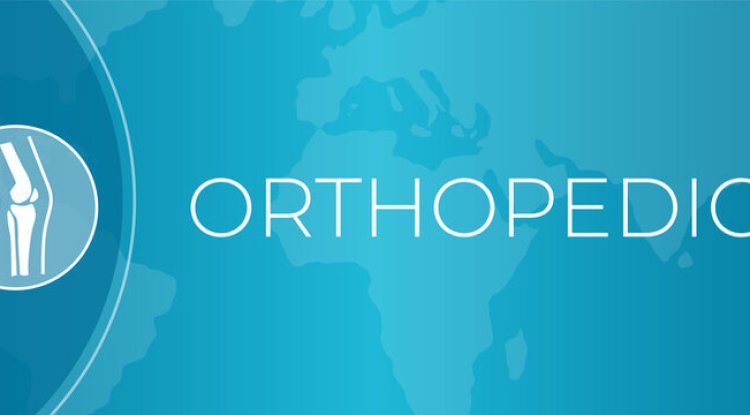How to Speed Up Recovery After Orthopedic Surgery: Tips from Experts
Recover swiftly from orthopedic surgery in Bangalore with expert tips on medication, nutrition, exercise, care , and assistive devices from Minchu Health Care.

Orthopedic surgery is usually inevitable for correcting problems concerning bones, joints, or muscles to help patients regain their mobility and live life without pain. While the surgery is a huge step to recovery, recovery becomes just as important to complete the best outcome. At Minchu Health Care, the Best Orthopedic Surgeon in Bangalore , we prioritize not just treatment but also your smooth recovery. Our experts here give you key tips to hasten recovery from orthopedic surgery, so that you can get back to enjoying life as soon as possible.
Why Do Post-Operative Instructions Matter?
After surgery, your body is in a fragile state. Following your surgeon's instructions will help to prevent any complications and will also support the healing process. These are not really suggestions but life-saving rules specifically tailored to your surgery and you.
How to Follow Instructions Correctly
- Taking Medications on Time: Your surgeon will probably prescribe some pain medications and antibiotics, which can prevent infections and manage pain if taken on time.
- Wound Care: Keep your wound clean and dry. Your physician will usually advise you on how to change dressings and look for signs of infection.
- Follow-Up Appointments: These appointments allow the doctor to monitor your healing and make any necessary adjustments in your recovery process, if needed.
By following these steps, you are facilitating a better recovery by allowing your body to heal effectively.
Gradual Return to Physical Activity
The Role of Physical Exercise in Recovery
After orthopedic surgery, there is often a temptation to push oneself too hard, too fast, back to regular activities. However, you must balance rest with gentle movement. The right amount of physical activity can help restore your tissue strength and flexibility without over-straining your healing tissues.
Tips for Safe Activity Resumption
- Listen to Your Body: Don’t push yourself, and avoid moving at a pace that your body won’t tolerate. Pain is a signal that something is wrong, so listen to it.
- Follow Physical Therapy: If prescribed, attend your physical therapy sessions. These will help you gradually regain mobility and strength while keeping you safe.
- Pace Yourself: Avoid lifting heavy objects or performing strenuous physical activities unless your doctor permits you to do so.
Resuming physical activities carefully will rebuild your strength without the risk of setbacks.
Nutrition and Recovery
The Connection Between Nutrition and Recovery
The body requires the right nutrition to heal tissues and rebuild strength after surgery. Focusing on a diet rich in essential vitamins and minerals can accelerate the recovery process and reduce recovery time.
Foods That Help Recovery
- Proteins: Found in foods like lean meats, eggs, and beans, proteins assist in repairing tissues and building muscles.
- Leafy Greens: These vegetables provide vitamins that help improve your immune system and prevent infections.
- Omega-3 Fatty Acids: Found in fish like salmon, these help reduce inflammation, speeding up the healing process.
Also, don’t forget to drink plenty of water. Water is essential to help your body’s cells function properly and aid in your recovery.
Rest and Sleep
The Healing Power of Sleep
Sleep is your body’s natural way of recovering from the stress of surgery. While all rest is beneficial, it is especially during sleep that your body works hardest to repair tissues, rebuild strength, and recharge energy.
How to Sleep Well After Surgery
- Create a Comfortable Sleeping Environment: Keep the area quiet and cozy. Use pillows to prop yourself up and keep the operative area comfortable, as advised by your doctor.
- Establish a Sleep Routine: Go to bed and wake up at the same time every day to normalize your biological clock.
- Rest When Needed: Don’t feel guilty about needing extra sleep; your body requires it to heal effectively.
Adequate rest accelerates recovery by giving your body the time it needs to heal.
Pain Management
The Importance of Pain Management
Effective pain management allows you to move with less discomfort and motivates you to engage in rehabilitation exercises. Poorly managed pain can hinder your ability to perform essential physical activities, including therapy and exercises.
Strategies for Pain Management
- Pain Medication: Take painkillers as prescribed by your doctor, but avoid over-reliance on them.
- Ice and Heat Therapy: Use ice packs to control inflammation and heating pads for muscle relaxation.
- Natural Remedies: Practices like meditation and relaxation techniques can help reduce stress and manage pain.
Pain management is crucial not just for comfort but for enabling you to make progress during recovery.
Correct Use of Assistive Devices
The Role of Assistive Devices in Recovery
Assistive devices, such as crutches or braces, are often prescribed after surgery to help you recover. These devices take the pressure off your healing joints and bones, allowing them to heal more effectively.
Safety Tips for Using Assistive Devices
- Follow Instructions: Use the device as instructed by your healthcare professional. Incorrect usage can delay your recovery or cause further injury.
- Be Patient: Don’t stop using your assistive device prematurely. Only stop when your doctor gives you the green light to do so.
Assistive devices are your allies in recovery—use them wisely to avoid setbacks.
Have a Positive Attitude and Healthy Mindset
The Connection Between Mind and Body
Your mindset plays a crucial role in physical recovery. A positive attitude can reduce stress and accelerate healing, while anxiety or depression can slow down the recovery process.
Tips for Maintaining Mental Strength
-
Set Small Goals:
Celebrate small milestones, like taking a few more steps each day. This keeps your spirits high. -
Seek Support:
Lean on family, friends, or even professional counselors if you need emotional support during recovery.
A positive mindset will help your body respond better to the healing process.
Monitoring Your Progress and Team Support
Tracking Your Recovery
Monitoring your progress helps you stay motivated and on the right path to recovery. Any small health gains should be reported and discussed during follow-up visits.
Importance of Regular Checkups
- Attend Regular Checkups: These visits are essential for your surgeon or therapist to monitor your progress and make any necessary adjustments to your recovery plan.
- Report Any Concerns: If you notice anything unusual, such as excessive swelling or fever, inform your healthcare professional immediately.
At Minchu Health Care, the Best Orthopedic Surgeon in Bangalore, we are committed to helping you get back on track to a healthy life. Our team of experts is here to support you every step of the way.
Recovery from orthopedic surgery may be slow and far from exciting or Role of Physical Therapy in Orthopedic Recovery, but by following the right steps, you can recover as quickly and effectively as possible. Trust the advice of our experts at Minchu Health Care, and you'll be well on your way to living your best life again. Please visit Minchu Health Care, Bangalore's Best Orthopedic Surgeon, for more information or to schedule an appointment with our orthopedic experts.
What's Your Reaction?



















